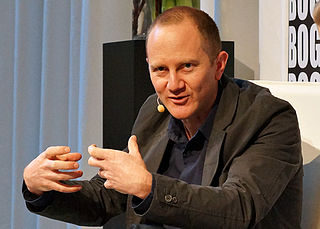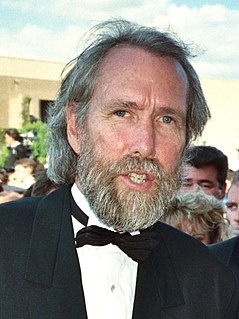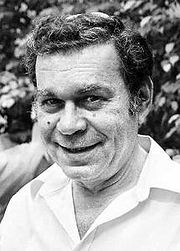A Quote by Kay Redfield Jamison
...Time does not heal, It makes a half-stitched scar That can be broken and again you feel Grief as total as in its first hour. -Elizabeth Jennings
Related Quotes
All those years I fell for the great palace lie that grief should be gotten over as quickly as possible and as privately. But, what I've discovered is that the lifelong fear of grief keeps us in a barren, isolated place, and that only grieving can heal grief. The passage of time will lessen the acuteness, but time alone, without the direct experience of grief, will not heal it.
You cannot die of grief, though it feels as if you can. A heart does not actually break, though sometimes your chest aches as if it is breaking. Grief dims with time. It is the way of things. There comes a day when you smile again, and you feel like a traitor. How dare I feel happy. How dare I be glad in a world where my father is no more. And then you cry fresh tears, because you do not miss him as much as you once did, and giving up your grief is another kind of death.
As you pass from sunlight into darkness and back again every hour and a half, you become startlingly aware how artificial are thousands of boundaries we've created to separate and define. And for the first time in your life you feel in your gut the precious unity of the Earth and all the living things it supports.
The good news is that by the second year, those cravings were about as half as frequent, and by the third year, half as much again. I'm still a little bent, a little crooked, but all things crooked, I can't complain. After all those years of all kinds of abuse and crashing into trees at eighty miles an hour and jumping off buildings and living through overdoses and liver disease, I feel better now than I did ten years ago. I might have some scar tissue, but that's alright, I'm still making progress.
Memento mori - remember death! These are important words. If we kept in mind that we will soon inevitably die, our lives would be completely different. If a person knows that he will die in a half hour, he certainly will not bother doing trivial, stupid, or, especially, bad things during this half hour. Perhaps you have half a century before you die-what makes this any different from a half hour?
We may, indeed, say that the hour of death is uncertain, but when we say this we think of that hour as situated in a vague and remote expanse of time; it does not occur to us that it can have any connexion with the day that has already dawned and can mean that death -- or its first assault and partial possession of us, after which it will never leave hold of us again -- may occur this very afternoon, so far from uncertain, this afternoon whose time-table, hour by hour, has been settled in advance.
If the Universe came to an end every time there was some uncertainty about what had happened in it, it would never have got beyond the first picosecond. And many of course don't. It's like a human body, you see. A few cuts and bruises here and there don't hurt it. Not even major surgery if it's done properly. Paradoxes are just the scar tissue. Time and space heal themselves up around them and people simply remember a version of events which makes as much sense as they require it to make.
If we reduce batch sizes by half, we also reduce by half the time it will take to process a batch. That means we reduce queue and wait by half as well. Reduce those by half, and we reduce by about half the total time parts spend in the plant. Reduce the time parts spend in the plant and our total lead time condenses. And with faster turn-around on orders, customers get their orders faster.





































